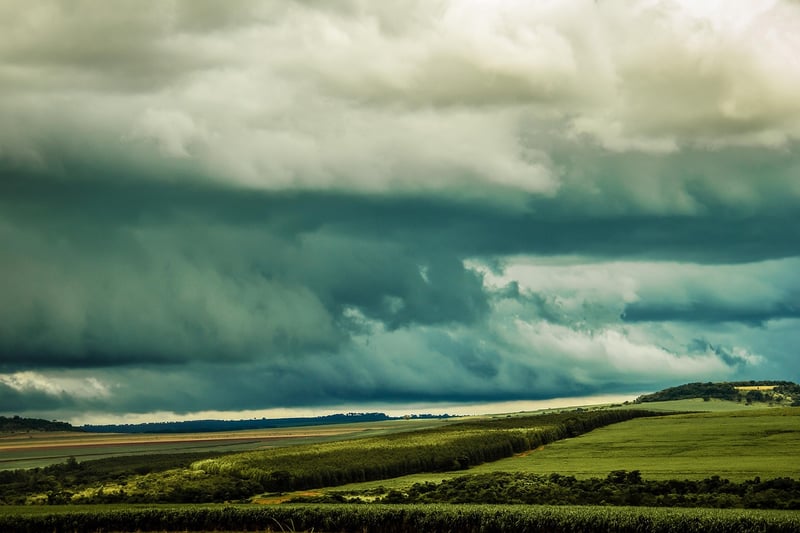Temporal Discoveries
Exploring Different Time Periods and Temporal Discoveries
Time has always been a fascinating concept for humanity. From ancient civilizations to modern scientists, the exploration of time has led to incredible discoveries and innovations. Let's delve into different time periods and the temporal discoveries that have shaped our understanding of the world.
Ancient Timekeeping
Ancient civilizations like the Egyptians, Babylonians, and Greeks were early pioneers in timekeeping. They developed sundials, water clocks, and other instruments to track the passage of time based on celestial movements.
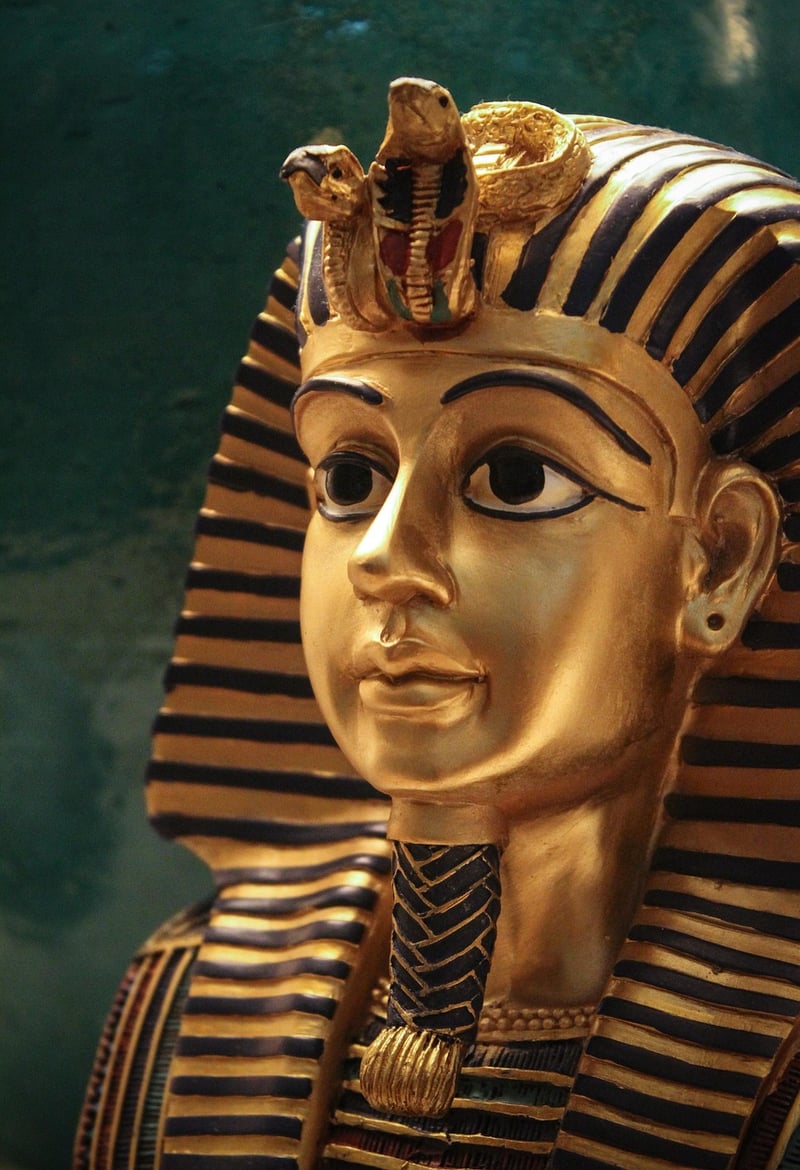
Medieval Clocks and Mechanical Clockwork
In the medieval period, the invention of mechanical clocks revolutionized timekeeping. Clock towers in European cities became landmarks, and the intricate clockwork mechanisms paved the way for more precise time measurement.
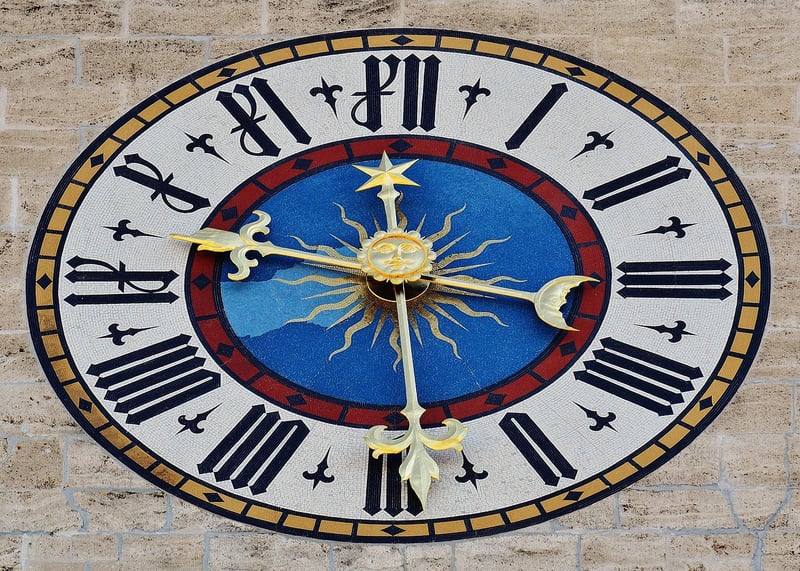
The Age of Exploration and Longitude
During the Age of Exploration, accurate timekeeping was crucial for navigation at sea. The invention of the marine chronometer by John Harrison in the 18th century allowed sailors to determine their longitude accurately, revolutionizing maritime travel.
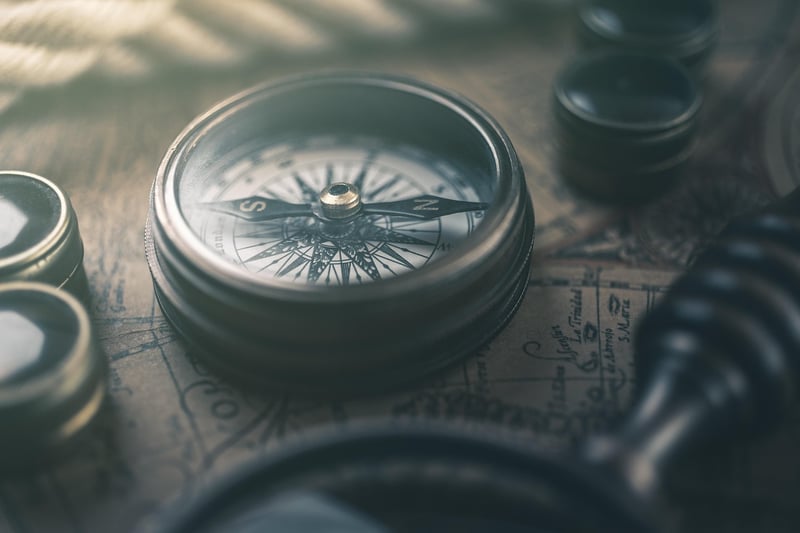
Modern Timekeeping and Atomic Clocks
Today, atomic clocks are the most accurate timekeeping devices, relying on the vibrations of atoms to measure time precisely. They form the basis of Coordinated Universal Time (UTC) and are essential for technologies like GPS and telecommunications.
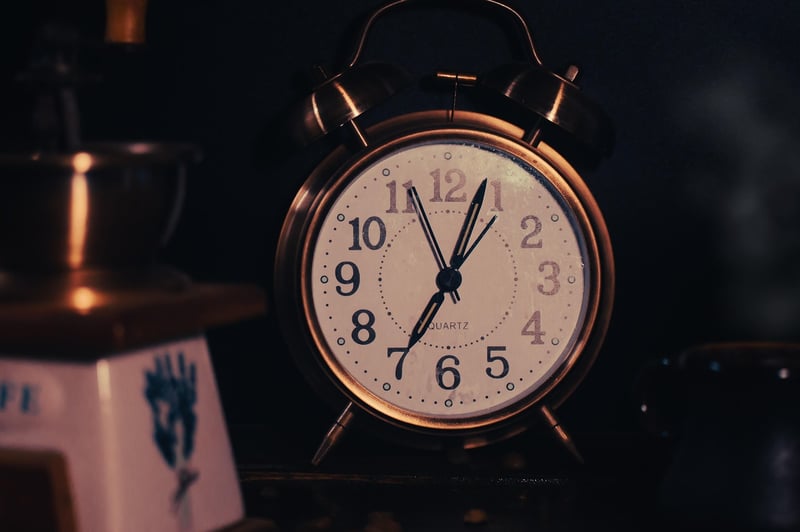
Temporal Discoveries and Beyond
Temporal discoveries continue to push the boundaries of our understanding of time. Concepts like time dilation in Einstein's theory of relativity and the search for a unified theory of quantum gravity challenge our perception of time and space.
Exploring different time periods and temporal discoveries not only reveals the evolution of human ingenuity but also highlights the interconnected nature of time and our universe.
Let's continue to unravel the mysteries of time and embrace the wonders that temporal exploration brings!
